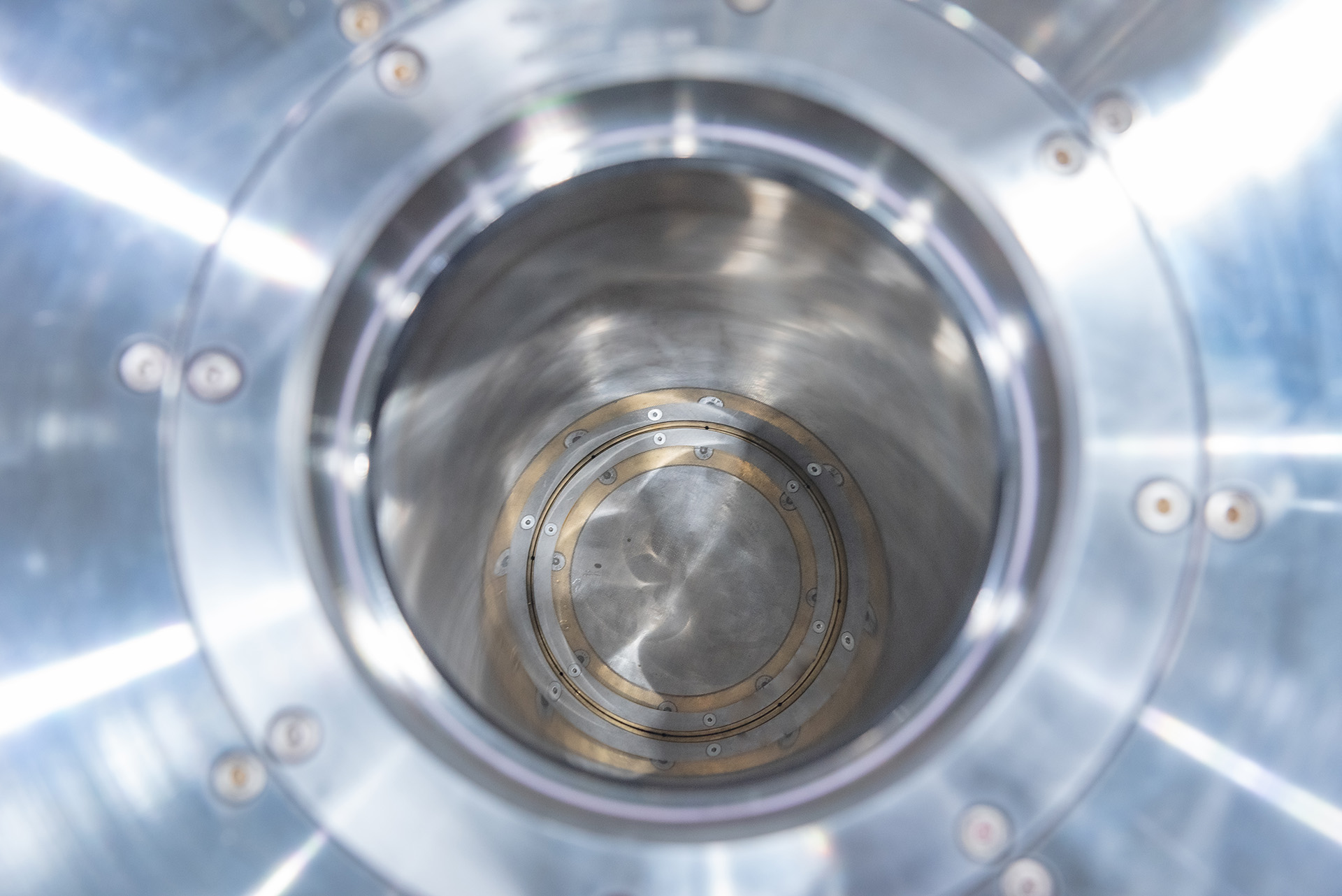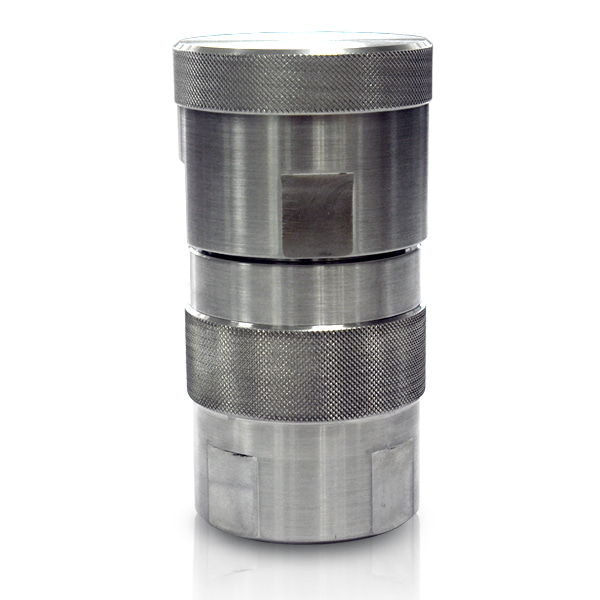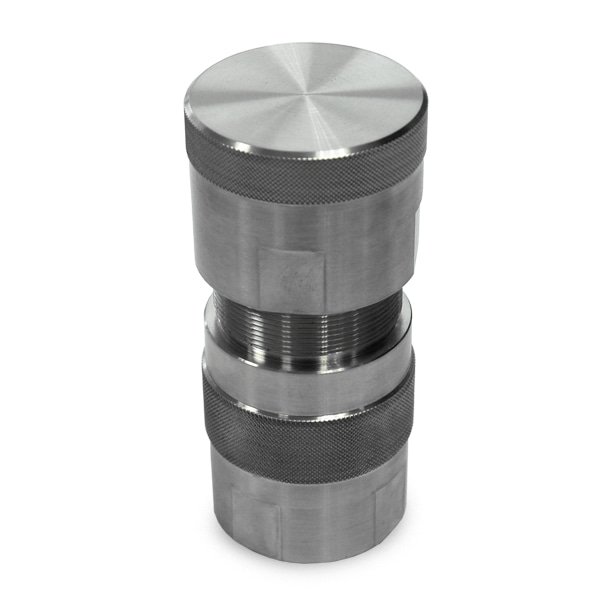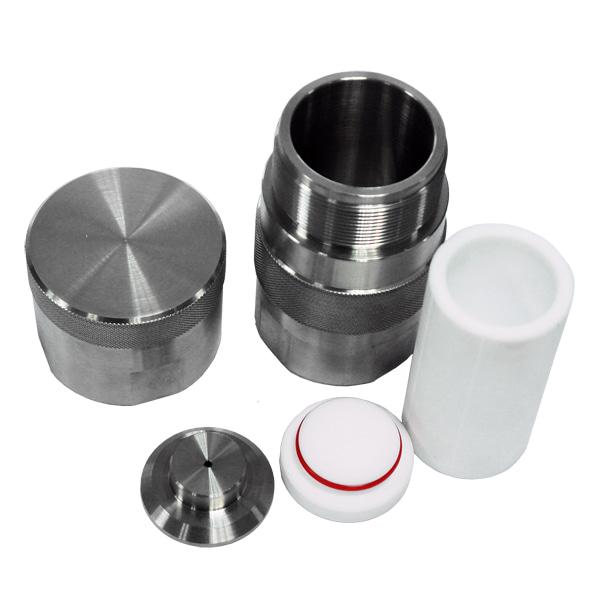Pressure Vessel
CV Series
Product summary Information
Typically made from chemically resistant stainless steel, and equipped with an inner vessel insert to prevent corrosion due to reactions.
Key Features
International standard ASME certification | Easy to disassemble and clean | Strong resistance to chemical reactions
Application
Typically produced in small sizes using a chemically resistant Teflon liner, specialized for use in chemical experiments.
Custom orders are also possible for conditions other than the standard specifications, so please consult with your sales representative.
High Pressure Vessel
Safe pressure vessel design
– Designed according to U.S. ASME standards
– Domestic industrial safety and gas safety inspections carried out
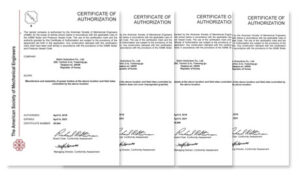
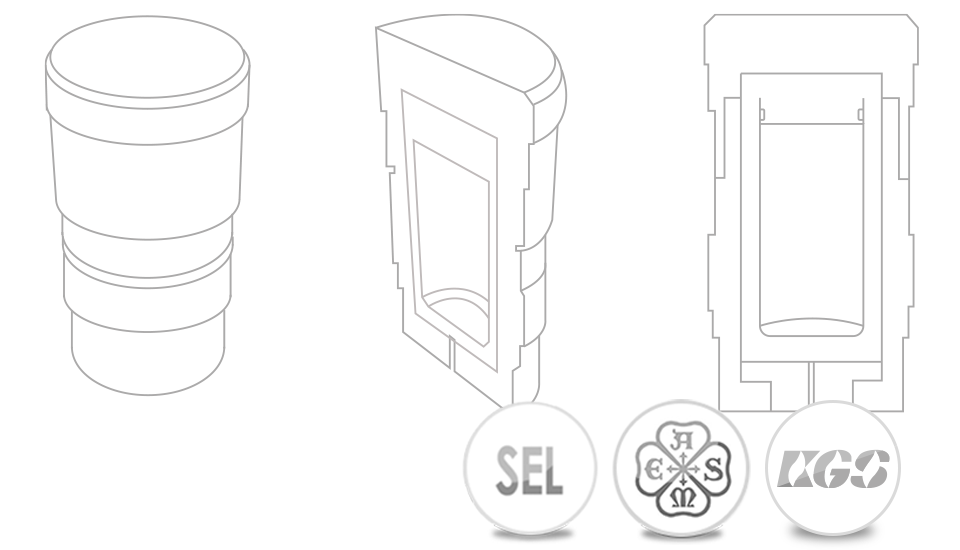
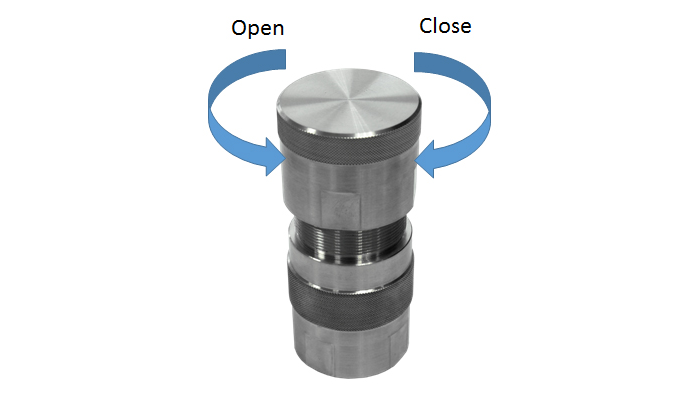
Easy closure type
Easy fastening method
Usable without separate tools
Professional engineering
Excellent temperature/pressure/corrosion resistance in vessels
– Holding corrosion data tables
– Holding ASME materials tables
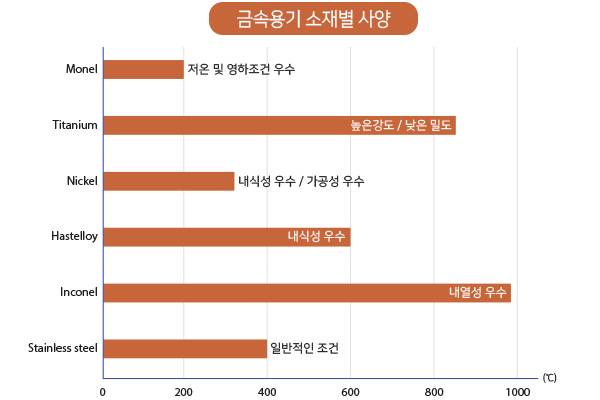
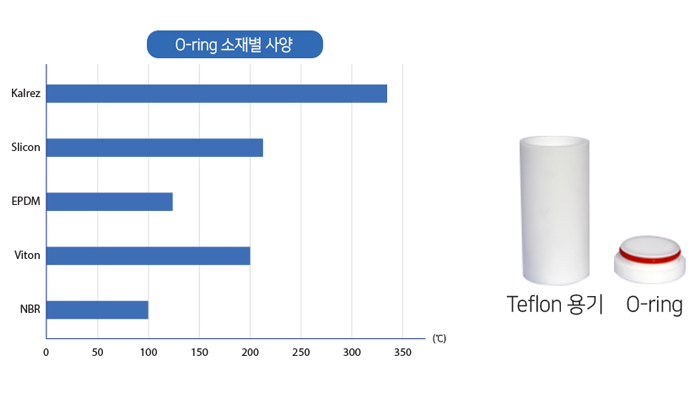
Chemical resistance container
Use of internal vessels
– Teflon liner: Usable up to 200°C
– Various O-rings available
CV Series
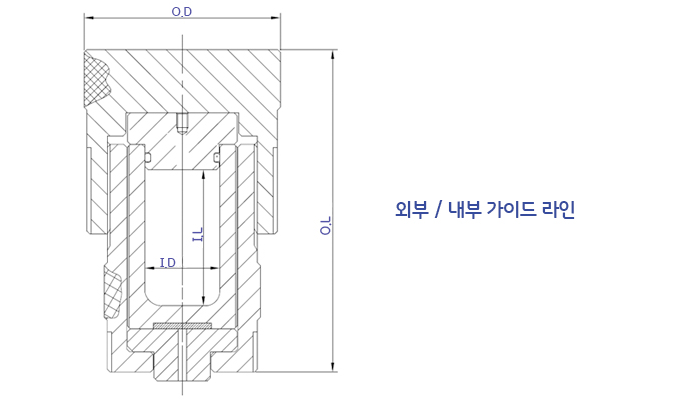
| Series | CV 5 | CV 10 | CV 20 | CV 30 | CV 50 | CV 100 | CV 200 |
|---|---|---|---|---|---|---|---|
| Volume (mL) | 5 | 10 | 20 | 30 | 50 | 100 | 200 |
| Max Temp. (℃) | 180 | ||||||
| Max Pressure (bar) | 100 | ||||||
| Material - Outside Vessel |
STS 316 | ||||||
| Material - Liner | Teflon (200℃) / PEEK (230℃) | ||||||
| Seal of Liner | O-ring Type | ||||||
| Closure Style | Cap Closure | ||||||
| Main Bolt | M40 X 2P | M45 X 3P | M52 X 3P | M70 X 4P | |||
| Vessel Dimensions (mm) - O.D | 55 | 60 | 65 | 83 | |||
| Vessel Dimensions (mm) - O.L | 100 | 110 | 128 | 155 | 132 | 195 | |
| Liner Dimensions (mm) - I.D | 15 | 20 | 26 | 45 | |||
| Liner Dimensions (mm) - I.L | 32 | 42 | 60 | 90 | 64 | 127 | |
How to select Order-made Type
| Type | Volume | Temperature | Pressure | Material |
|---|---|---|---|---|
| CV | Required volume | Required temperature | Required pressure | Required material |
Caution
1. When using acidic or alkaline substances, it is necessary to decide on the right material.
2. Decide on options.
3. As the fastening method involves manual rotation, check size limits.
※ Since it is a custom production method, it is possible to freely select the container size and capacity according to the usage environment.


